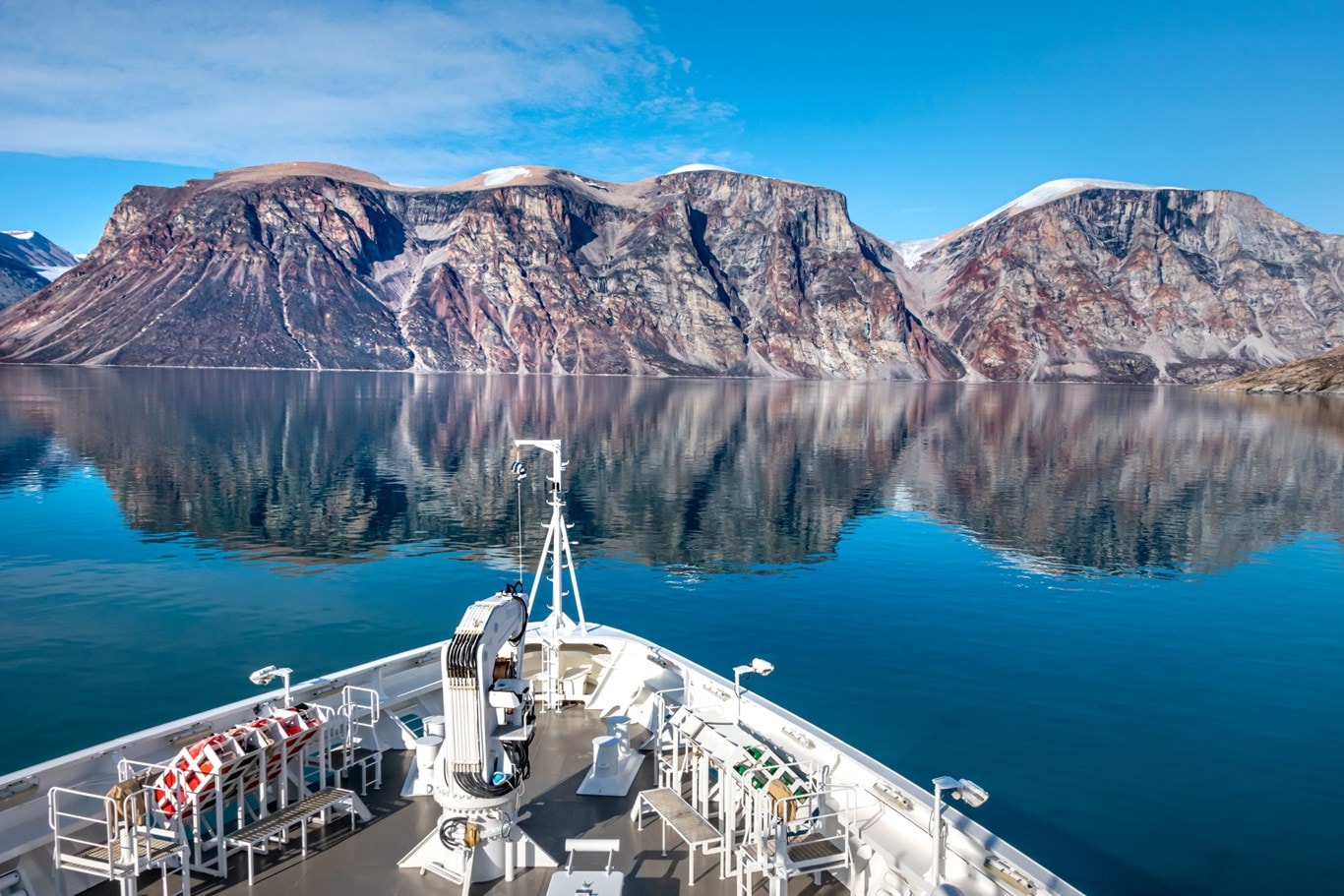Canada - Stricter Environmental Protection Measures Now Mandatory for Cruise Ships
Transport Canada recently announced that the voluntary environmental measures introduced in April 2022 for cruise ships have become mandatory. The objective is to ensure that cruise ships adopt more sustainable practices within Canadian waters.
The regulation aims to safeguard Canada's oceans and marine environment, aligning with Canada's commitment to protect 25% of its oceans by 2025 and 30% by 2030, as announced during the 5th International Marine Protected Areas Congress (IMPAC5) in February 2023.
Effective from 23 June 2023, cruise ships [see Definitions 1 (1)] operating in Canadian waters are required to adhere to specific regulations concerning the management of greywater (e.g., drainage from showers, dishwashers, and sinks) and sewage (i.e., wastewater from toilets, urinals, and medical facilities onboard).
The regulations for the cruise ship industry include the following:
· Prohibiting the discharge of greywater and treated sewage within three nautical miles from shore, an ice shelf or fast ice where geographically possible across Canada;
· Strengthening the treatment of greywater together with sewage before it is discharged between three and twelve nautical miles from shore south of 60°N using an approved treatment device in non-Arctic waters. This will complement existing regulations for Arctic waters under the Arctic Waters Pollution Prevention Act (AWPPA); and
· Reporting compliance with these measures in Canadian waters upon request.

Transport Canada's requirements not only align with but also surpass international standards set by the International Maritime Organization (IMO). By strengthening its environmental measures, Canada is providing a level of protection similar to existing restrictions in place in Alaska, California, and Washington State in the United States.
Failure to comply with the mandatory requirements may result in substantial fines, with a maximum penalty of CA$250,000 under the Canada Shipping Act, 2001.
It's worth noting that in addition to complying with the Canada Shipping Act 2001, all ships transiting through Canadian Arctic waters are subject to the AWPPA, which prohibits any waste discharge in Arctic waters, establishing a "zero discharge" policy.
Transport Canada's enhanced environmental measures for cruise ships demonstrate Canada's commitment to upholding the sustainability and conservation of its territorial waters to accomplish predetermined environmental preservation objectives. These regulations mandate responsible practices and align with comparable regional restrictions, with a specific focus on the handling of greywater and sewage.
Members requiring further guidance should contact the Loss Prevention Department.
